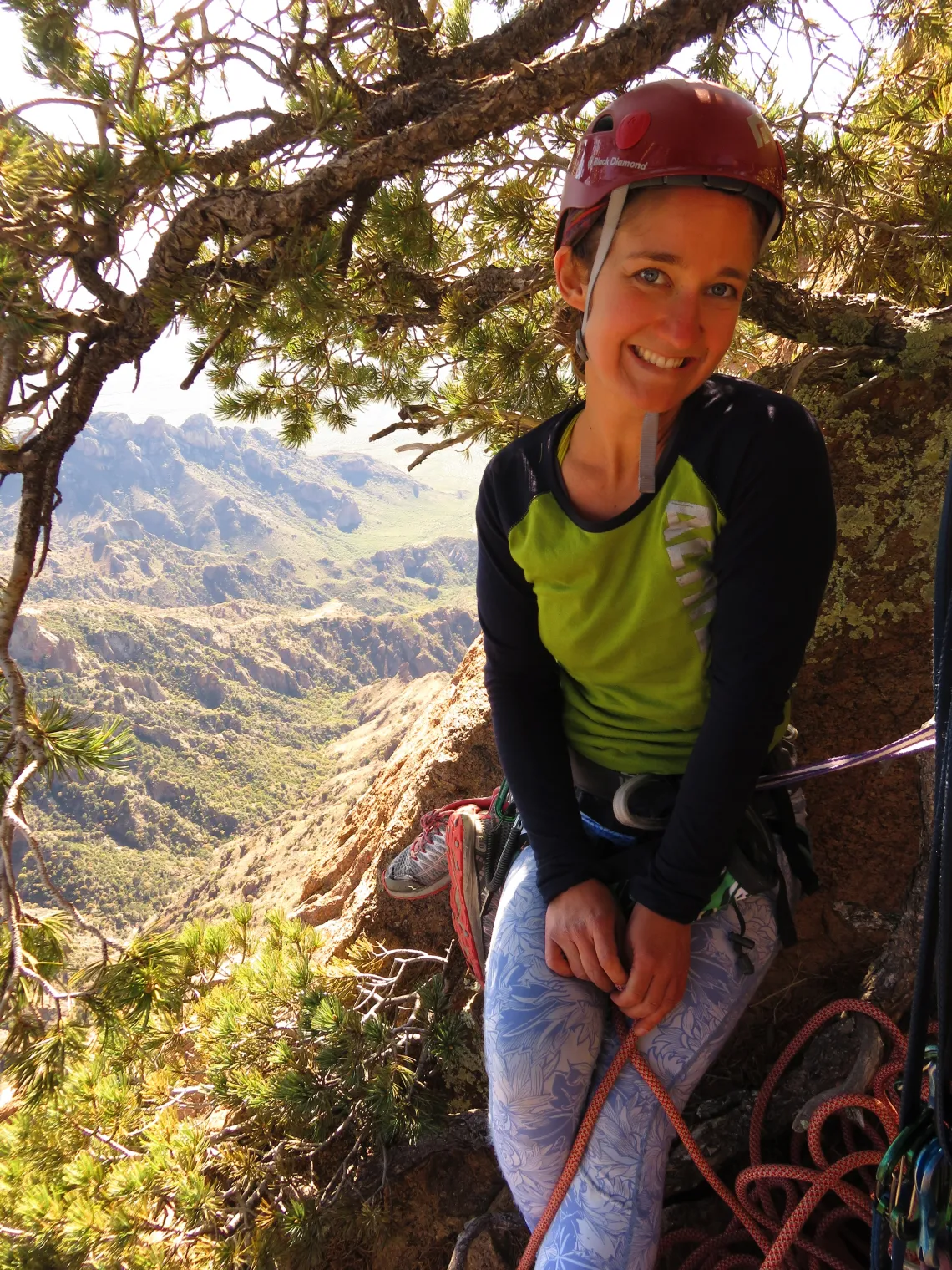Spotlight on Alison Elder - NSF GRFP

My name is Alison Elder and I am starting the first year of my PhD in Geography. My research to date focuses on water resource issues in arid lands. My MA project examined the effects of large-scale irrigated agriculture development processes on rural livelihoods and water supply in southeastern Morocco. I have also been a part of a project at the University of Arizona for the last three years looking at green infrastructure adoption and implementation in Tucson and in other cities across Arizona. As I look forward to my dissertation research, I hope to incorporate and build off my research in Morocco and Arizona while also looking at how communities, governments, and development agencies elsewhere are both driving and reacting to water scarcity issues.
I have benefited from all of my fellowship applications, even the ones that have not been successful. I applied for a Fulbright after finishing Peace Corps and before starting graduate school but was not selected for the fellowship. Although it was disappointing, I made some important connections while looking for a university affiliation during that application process. Those connections led to a job and I gained experience in grant writing. Any fellowship application in graduate school, whether you end up receiving it or not, is a great way to help you shape and think about your research. In addition, whether or not you receive funding from the agency you are applying to, you will likely be able to use what you wrote for future projects!
I received the National Science Foundation Graduate Research Fellowship (NSF GRFP) in 2019. I learned about the fellowship from another graduate student who had received the fellowship and encouraged me to apply. I started the application in my first semester of graduate school through the University of Arizona Office of Fellowships and Community Engagement Fellowship Application Support Program (OFCE GRFP Support Program).
At that point, I did not yet have a clear enough research proposal idea and so I decided to wait until the following year to apply. Beginning the application process that first year was helpful the following year when I actually did apply because I was already familiar with the requirements and expectations for the fellowship. I participated in the OFCE GRFP Application Support Program again the following fall semester. The program provides sample essays, application advice, and multiple deadlines throughout the fall semester for submitting drafts for peer editor review. The feedback I received from my Graduate Editor was very helpful and encouraging. She helped me shape my ideas and experiences into clear, concise language, and into a format that fit the NSF goals.
Whether for the GRFP or other fellowships, I find that seeing examples of successful applications is extremely helpful to get an idea of where to begin writing and how to frame the essays. To find examples, I have contacted people in my department or reached out to those in my field on the list of successful recipients to ask for their successful essays and advice. So far, people have been very helpful and responsive. Another great piece of advice I received for applying to fellowships is to set aside a regular time to write and work on applications rather than trying to do it all in bulk on a Saturday!
I am now a Graduate Editor for the OFCE Application Support Program and have had the opportunity to pay forward the wisdom and experience that I received from my own Graduate Editor. I really enjoy reading about different people’s research interests and the experiences that led them to those interests. I also enjoy working with students to strengthen and clarify their writing and applications.
In sum, remember that you will benefit from writing a fellowship application even if you do not end up receiving the award. Also, begin working on applications as early as possible so that you can use all the resources that the university provides and set yourself up for success!
The GradFunding Newsletter is a service of the University of Arizona Graduate College, Office of Fellowships and Community Engagement. You may reuse this article but please acknowledge Shelley Hawthorne Smith and the University of Arizona Graduate College Office of Fellowships and Community Engagement.
To subscribe to the newsletter, send an email to list@list.arizona.edu (link sends e-mail) with "subscribe (or unsubscribe) gradfunding FirstName LastName" in the subject line. You may send opportunities for posting or questions to address to the newsletter editor, Shelley Hawthorne Smith (shellh@arizona.edu)

